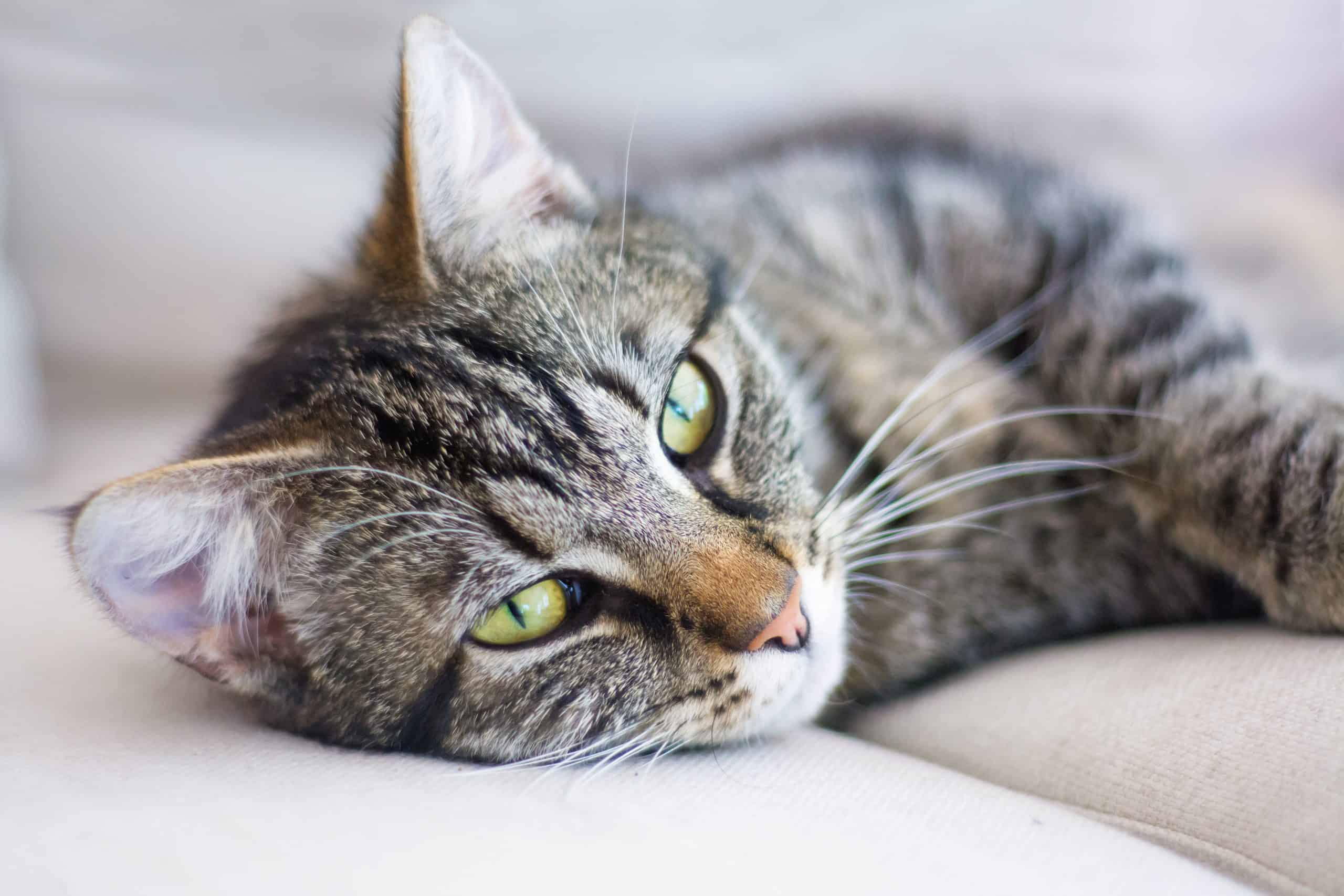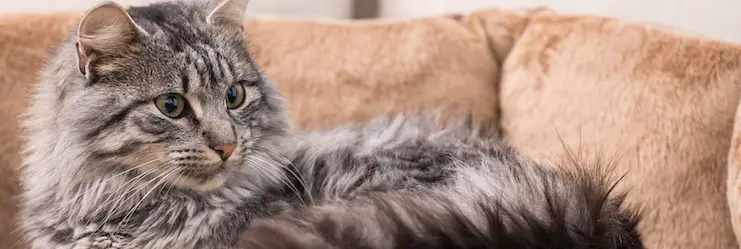Updated on
Have you ever tried feeding your cat with some beans? How about chickpeas or the so-called garbanzo beans? If you have no idea if your feline could eat these beans, it is best that you should not offer the said food to them. You should be well-familiar first before giving eating to your cat. So, can cats eat chickpeas? Let's find out!
Can Cats Eat Chickpeas?
Also referred to as garbanzo beans, chickpeas are considered to be an excellent choice of beans which could take place in soups, salads and some other dishes like the famous hummus. In fact, they are filled with proteins, and they don't have too much of a flavor yet they possess a pleasant texture.


With regards to humans, chickpeas are a perfect option, but how about for the cats? Can they eat chickpeas? Well, to make things simpler, the quickest answer to this query is a big NO!
Unlike other food, including honey, it is not a good idea to feed cats with chickpeas in pet food since they are hard to digest and they have a low amount of nutritional elements.
Out in the wild, cats wouldn't be eating chickpeas since they are carnivores. Instead, they would spend their time in hunting and tracking down animals. And because of that, cats at home, might not be into the idea of hunting animals, they aren’t an exception to the idea of not eating chickpeas.
Since cats need protein from animal sources, it is best that cats must stick to canned cat food as it offers the nutrients required for a healthier life.
Are there Any Possible Risks?
Could eating garbanzo beans then lead to harmful effects to the cats?
Oxalic acid is found in the said beans, and once the cat has a predisposition toward itching, allergies, rashes and some other skin problems, then there is a need for you to avoid foods which are abundant in the oxalic acid content.
Apparently, there are no elements in the chickpeas that are toxic for cats so the possible problems are more related to the idea that these should not replace their regular diet. It would be hard on the part of cats to digest the chickpeas rather than the meat, and they wouldn't offer the vital elements which a cat gets from meat.
Of course, you want to have a cute and fat little cat, so giving them the right food is crucial, right?
If you think that a vegetarian cat is ideal, well you are wrong! In fact, this leads to having a malnourished cat along with other health issues too. To add fiber to their diet, merely consider carrots or cucumbers as better options. The cats wouldn't bloat and might not suffer from diarrhea and indigestion.
Nutritional Value


Contrary to the possible problems discussed earlier, chickpeas render nutritional value as well. Chickpeas have lecithin, an ingredient that improves the cat's production of the cell. They have potassium too which is essential for the well-being of the cat's vital organs.
There could also be magnesium that is crucial for the cells along with copper that aids to produce as well as restore the needed iron. Besides, folate is also essential to the overall well-being of the cat, and the texture of the chickpeas could help with digestion as for easing constipation.
Cats need Vitamin A and B-Complex, and these are offered by chickpeas along with the antioxidants that would lower the risk of cancer and help the cells to live a lot longer.
See? We cannot deny the fact that though chickpeas might not be an ideal food to give to your cat, specific health benefits can also be reaped once consumed by our dear felines. Being extra careful about what you are giving to your cat is indeed essential! In fact, other questions like can cats eat rice or can cats eat baked beans should be taken into consideration too.
Final Words
To sum this up, your cat should avoid chickpeas or other beans too. And there are numbers of reasons why.
They are high in empty calories, full of hard to digest starches and low in essential amino acids. Though it could be considered as a treat for your cat, it must not be their dietary staple.